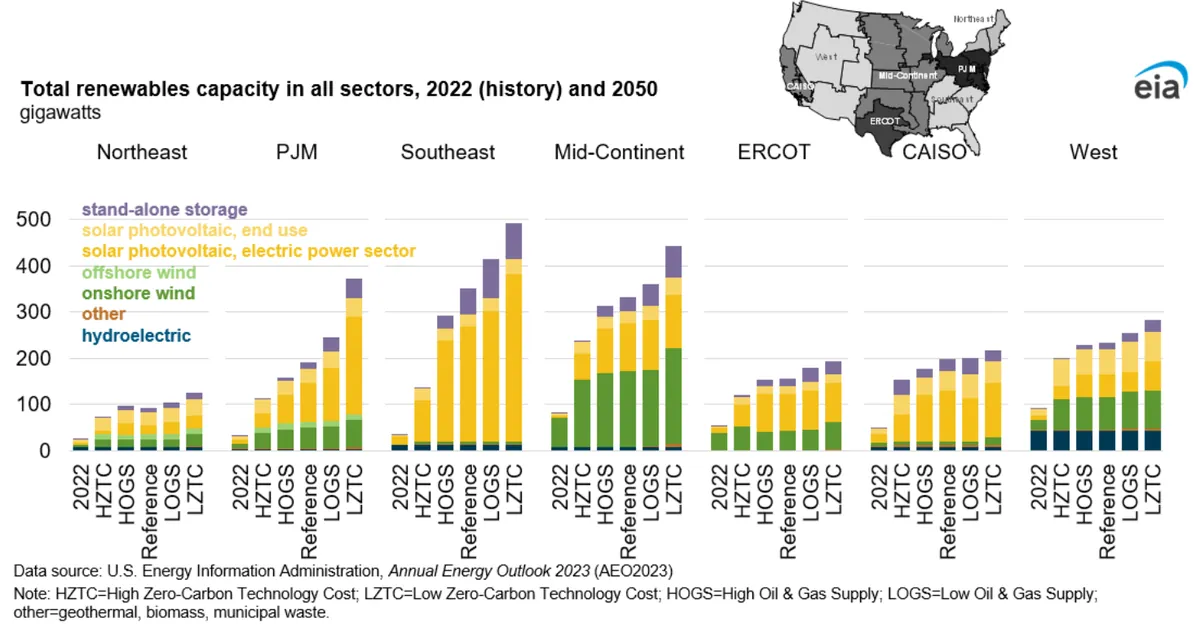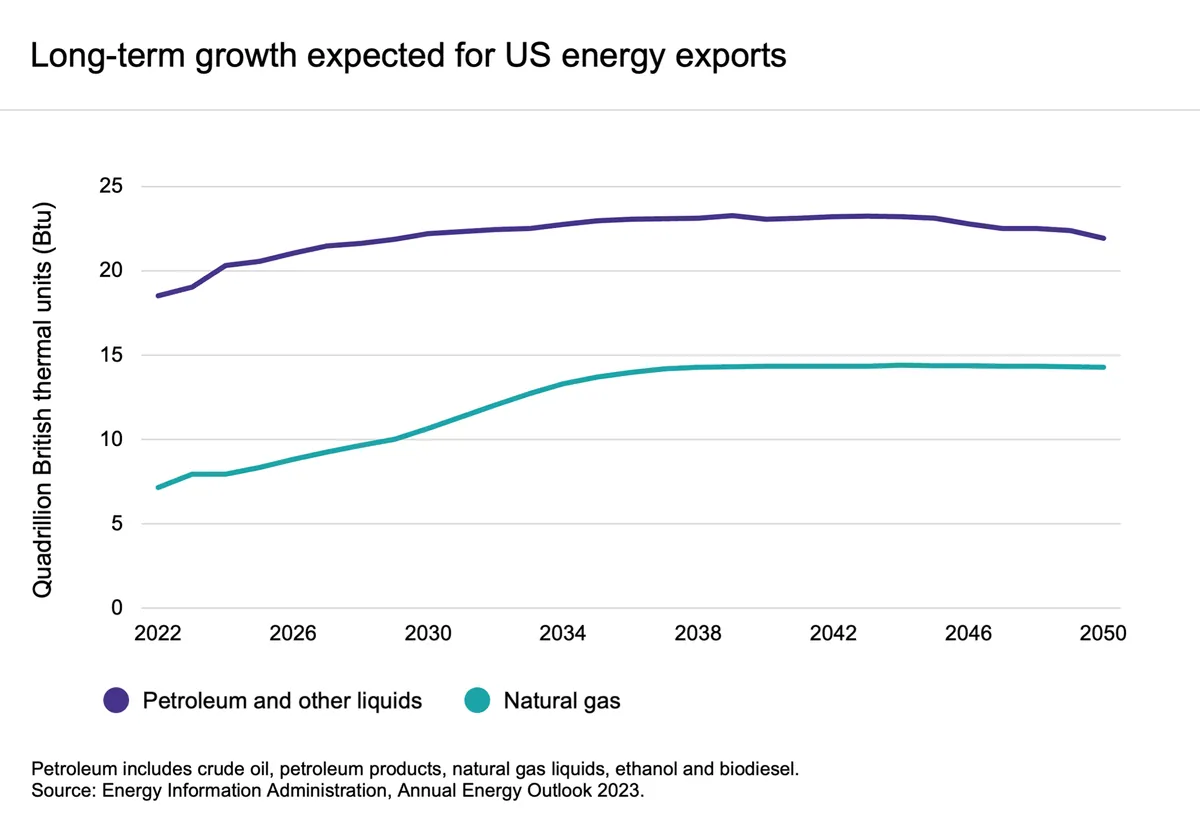US Energy Expertise: Untapped Potential in Global Partnerships
The US leads in energy technology but struggles with international partnerships. A new approach through energy security compacts could leverage this expertise for geopolitical advantage and support allies.

The United States stands as a global leader in various energy technologies, from geothermal to advanced nuclear and next-generation wind power. As the world's largest producer of natural gas and oil, the US has demonstrated its prowess in energy production and innovation. However, despite this technological edge, the nation faces challenges in effectively leveraging its energy expertise on the international stage.
Energy security has become a critical factor in global geopolitics, as evidenced by recent market disruptions following the COVID-19 pandemic and Russia's invasion of Ukraine. Recognizing this, both major US political parties agree on the importance of bolstering allies' energy security. Yet, the current approach to international energy partnerships falls short of expectations.

The US government's efforts in supporting international energy projects have been fragmented and often ineffective. For instance:
- A partnership with South Africa to address power outages resulted in a modest package of grants and potential loans.
- Similar deals with Indonesia and Nigeria have shown limited progress.
- Multiple agencies are scrambling to assist Ukraine in rebuilding its energy infrastructure.
These examples highlight the need for a more coordinated and robust approach to energy diplomacy.
In contrast, China has provided more energy project finance between 2016 and 2021 than all major Western-based development banks combined. Russia has also made significant strides in nuclear power exports, building reactors in multiple countries and signing agreements with at least 40 others. The US, despite its advanced nuclear industry, lags behind with only a dozen similar agreements.
"The fragmented nature of the U.S. government requires nuclear firms to navigate a gauntlet of at least 25 offices across eight different federal agencies."
The current US approach to global energy investment faces several challenges:
- Narrow focus on stand-alone projects rather than comprehensive energy needs
- Passive and reactive financing, often getting involved late in project cycles
- Resources spread too thin across multiple countries
- Ideological battles over energy technology choices
- Lack of coordination among various government agencies
Despite these challenges, the US has successful models to build upon. The Millennium Challenge Corporation (MCC), created 20 years ago, offers a framework for analyzing gaps, negotiating multiyear compacts, and ensuring accountability. Similarly, Power Africa, launched 11 years ago, has demonstrated effective interagency cooperation in promoting power-sector investment across sub-Saharan Africa.
To address these issues, the article proposes the creation of energy security compacts. This approach would combine the strengths of existing programs to:
- Analyze priorities and negotiate multiyear investment plans
- Set performance benchmarks
- Coordinate efforts across US agencies
- Track progress in partner countries' energy system development
Implementing this strategy could significantly enhance US foreign policy leverage by:
- Helping allies resist Russian energy pressure
- Providing alternatives to Chinese investments
- Supporting clean energy transitions
- Diversifying global supply chains
As the US continues to lead in energy technology innovation, with over 90 operating commercial nuclear reactors and the world's largest known geothermal resource base, the potential for impactful international partnerships remains vast. By addressing the current shortcomings in its approach to global energy investment, the US can transform its energy expertise into a powerful tool for achieving its foreign policy objectives and supporting its allies worldwide.


































